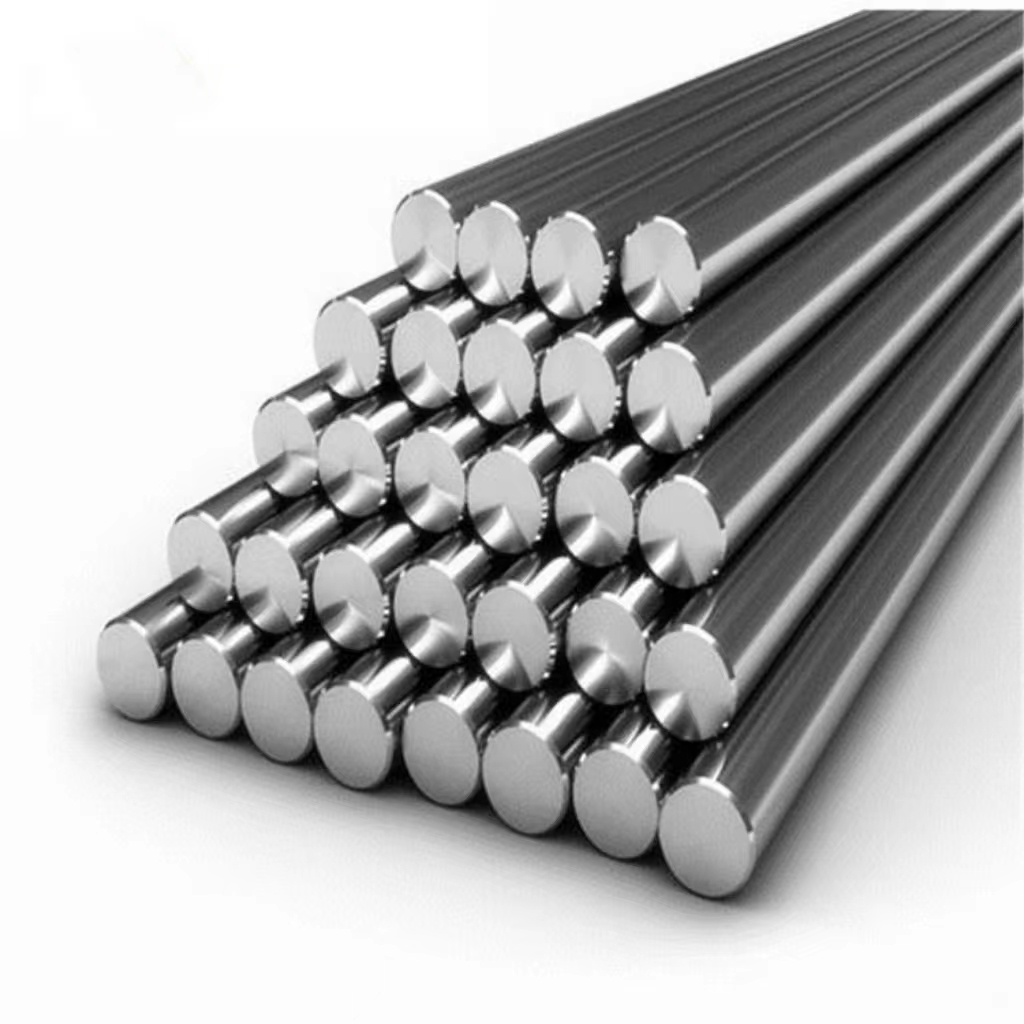What are the advantages of corrosion-resistant alloy products
Corrosion-resistant alloys generally cannot be used in corrosive environments with strong reducibility or high sealing performance (anoxic environment), and the performance of the products is constantly being updated, and they are widely used, and there are many manufacturers of products, how to choose The manufacturer that suits you is a science. On the one hand, knowledge should be considered in terms of price, and other aspects should also be considered comprehensively, such as whether the manufacturer is regulated and whether the after-sales service is guaranteed.
Corrosion Resistant Alloy
What are the types of corrosion resistant alloys?
1. Corrosion of stainless steel
Mainly refers to ordinary 300 series stainless steel 304, 316L, 317L, etc. that are resistant to atmospheric or seawater corrosion; austenitic stainless steel 904L, 254SMO with strong corrosion resistance; duplex steel 2205, 2507, etc.; corrosion-resistant alloys containing CU 20 alloy, etc.
2. Base corrosion-resistant alloy
Mainly Hastelloy alloy and NI-CU alloy, etc. Since the metal NI itself has a face-centered cubic structure, its crystallographic stability enables it to accommodate more alloying elements than FE, such as CR, MO, etc., so as to achieve resistance The ability of various environments; at the same time, nickel itself has a certain ability to resist corrosion, especially the ability to resist stress corrosion caused by chloride ions. In strong reductive corrosion environments, complex mixed acid environments, and solutions containing halogen ions, nickel-based corrosion-resistant alloys represented by Hastelloy have absolute advantages over iron-based stainless steels.
3.Hastelloy belongs to nickel-molybdenum-chromium-iron-tungsten nickel-based alloy. It is one of the most corrosion-resistant modern metal materials. It is mainly resistant to wet chlorine, various oxidizing chlorides, chloride salt solutions, sulfuric acid and oxidizing salts, and has good corrosion resistance in low temperature and medium temperature hydrochloric acid. Therefore, in the past three decades, it has been widely used in harsh corrosive environments, such as chemical industry, petrochemical industry, flue gas desulfurization, pulp and paper, environmental protection and other industrial fields. The various corrosion data of Hastelloy alloys are typical, but they cannot be used as specifications, especially in unknown environments, and materials must be selected after testing. There is not enough Cr in Hastelloy to resist corrosion in strongly oxidizing environments, such as hot concentrated nitric acid. The production of this alloy is mainly for the chemical process environment, especially in the presence of mixed acid, such as the discharge pipe of the flue gas desulfurization system.

Post time: May-15-2023




